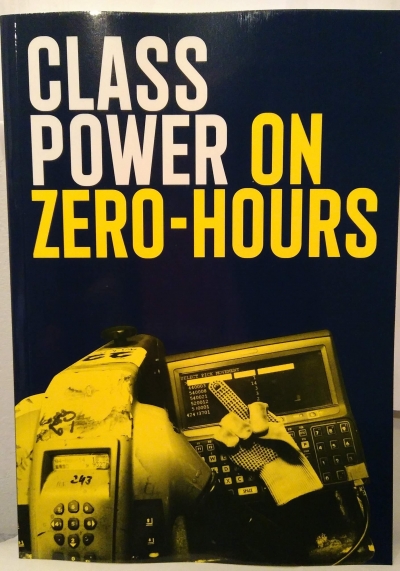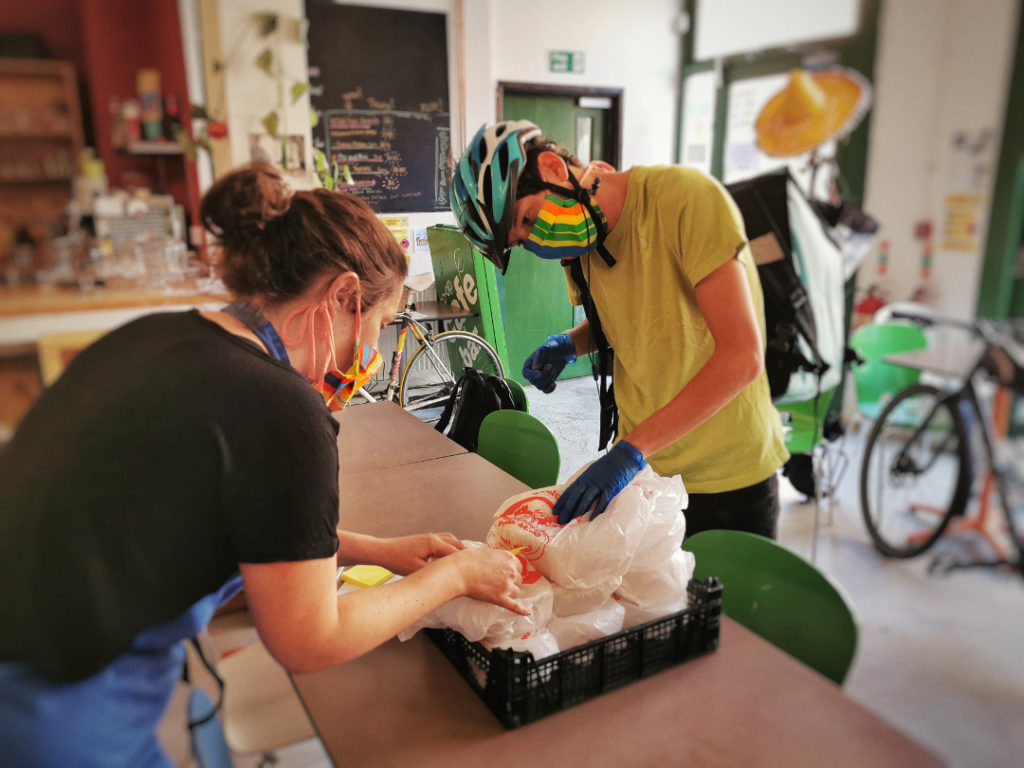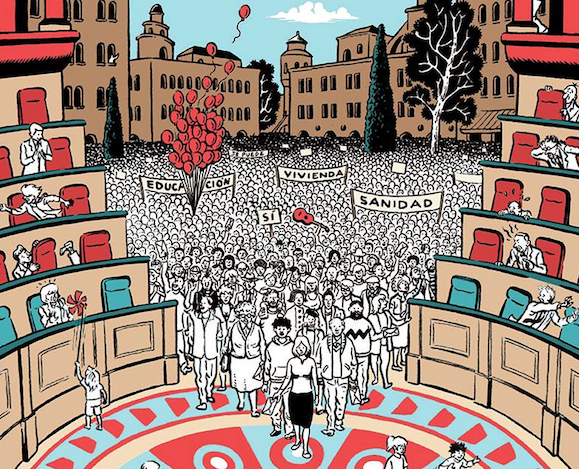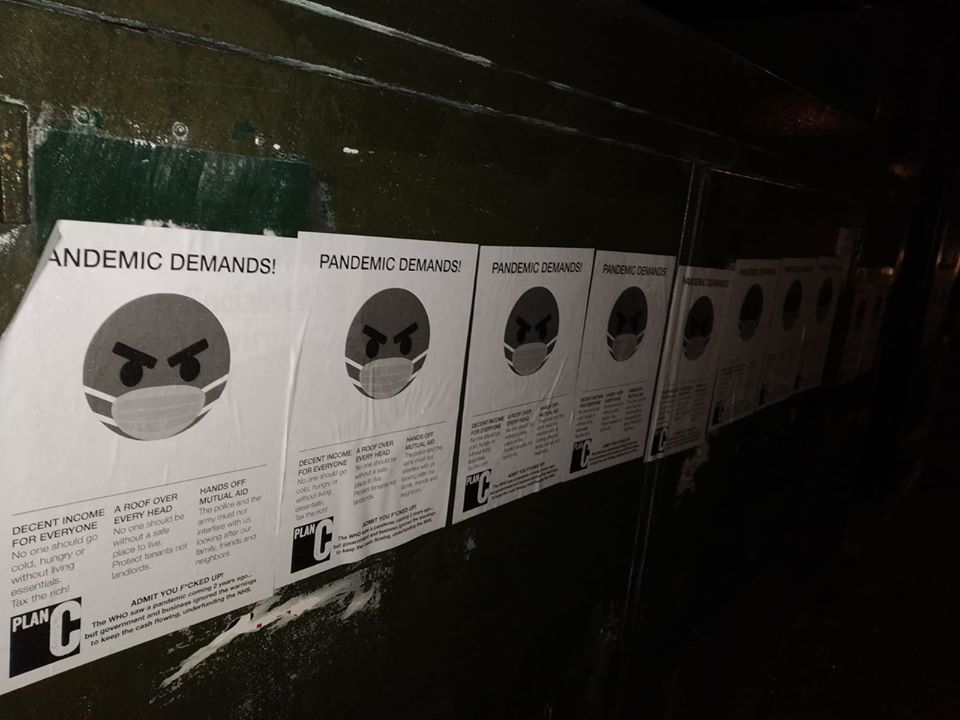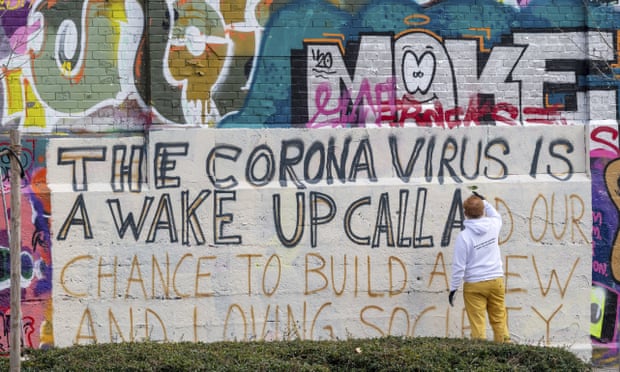Intro
Organising for Power (OfA) is the product of collective reflection and theorisation by members of the North American communist group Counter Power. They describe themselves as a ‘cadre’ organisation, which they define in the following way – “A cadre organization provides a general framework for the political praxis of revolutionary activists, and develops educational processes that help ensure a relative equality among all members”. They are formerly members of the Marxist Centre and work within a Marxist framework, informed by critiques from the Anarchist, Black Liberation, Feminist and Queer political movements. The book works to both lay out a theory of political practice and present a set of ideas on how the organisation of a free society could follow from such ideas, whilst at the same time trying to avoid being over-prescriptive.
Logic of the Book:
OfA as a text builds with clear logic, starting with what it sees as being the essence of revolution and communism. This is described as the conscious abolition of the current state of things and establishing a new organization of society not based on exploitation and oppression and where the tension between autonomy and the collective nature of society has been resolved, with the process necessarily being driven by the working class and popular social groups. The only significant disagreement I have here is about how deliberately intentional revolutions can be. The historical record shows that the outcomes of revolutions are often not identical with the expressed intentions of the revolutionaries, with the content often going far beyond what they could have dreamed. However, they still put forward a useful framework for relating to revolution and more importantly the hard work of engaging in it as an active process.
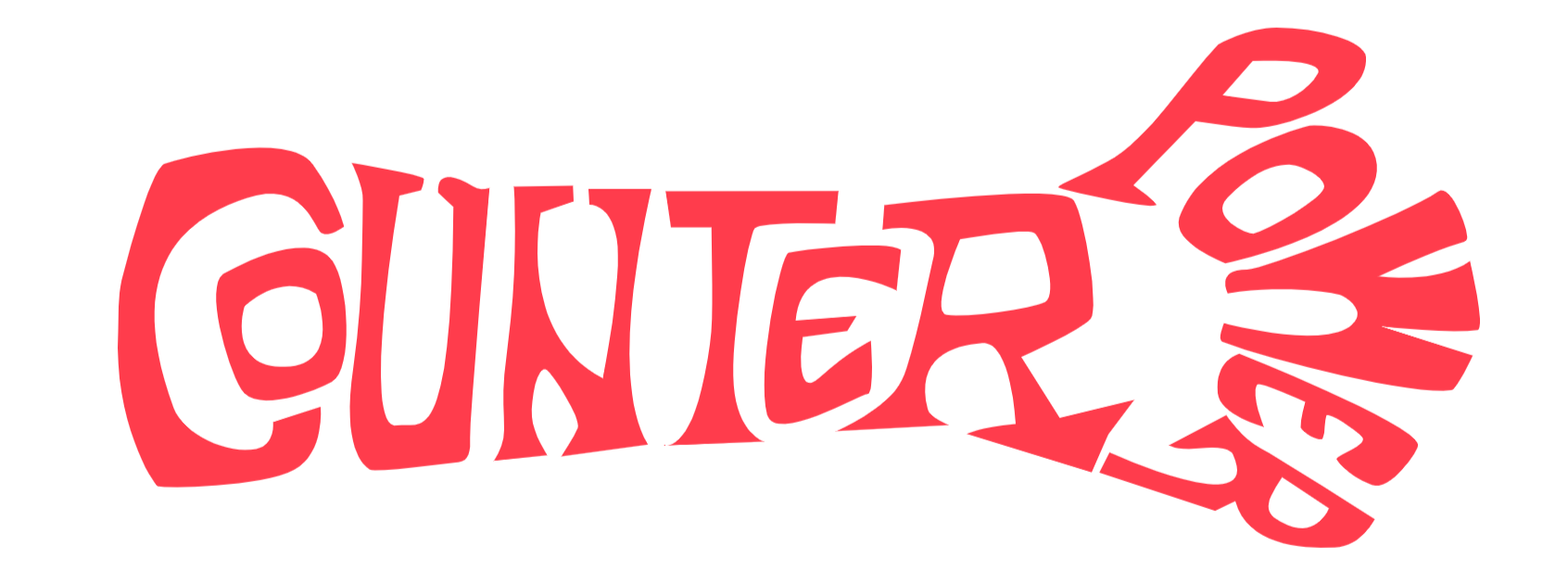
The text builds up its vision by first establishing the role of theory in articulating the needs and desires of the working class, showing how such theory needs to be based on social investigation within the class rather than abstract theorisations separate from it. Then it lays out an understanding of how the broader imperialist world system operates and how it divides up the working class and popular social groups. At the same time, it notes how the same system binds them together. This complex process simultaneously operates to maintain domination and exploitation but through its specific instances creates opportunities for the wedge of reflective political activity to break it in and for struggles in the core to support those in the periphery and vice versa. Moving on from the understanding of the imperialist world system, it starts to look at what its negation means, e.g. the reality of ‘the negation of the negation’; from unity in separation to the free development of each being the basis of the free development of all. Finally, it lays out hypothetical ideas on how this could be put into practice, with a model of bases communes building into higher-level decision making where needed.
Overall OfA has the strength of starting with the most concrete ideas and from there building into the more abstract. It also lays out a programmatic vision in a way that allows for working productively around immediate concerns with other communist groups that have different long term programmatic ideas and from there developing a more concrete unity. Another text that likewise also builds from the concrete to the abstract, with a focus on investigation and enquiry, is the recent text “Class power on Zero Hours” by the Angry Workers. This latter text roots itself far more firmly in the example of the activity that shaped and informed their ideas, including several workers’ enquiries in the text. My reading of OfA is informed in part by my reading of the Angry Workers text.
Critiques
Where’s the practice in this praxis
The text is committed to the application of theory and its refinement through self-reflection and it tries to lay out a rigorous theoretical basis for that. It starts from the immediate concern of how to develop an understanding of the working classes’ different situations and what is necessary to fight and resist in them, and of course what different sections of the working class actually care about – something militants tend to spend more time projecting onto the rest of class than actually finding out. Scaling up to how this can help understand the diversity of the class within the imperialist world system and hopefully overcome the intra-class conflict that arises without subsuming the interests of the working class in the periphery to that of the working class in the core. Then it looks at how this commitment to investigation and a grounded political practice could relate to the development of the commune. It generally builds well and is more or less internally coherent. There is an elephant in the room though – at no point do they give examples of how this plays out in practice from their own organisational experience.
The impression given throughout the text is that this is a document developed through reflection on practical activity with a deep theoretical mind brought to bear upon it. But without showing how it has been used, developed and refined in practice, using the process described, I have no idea how true this is and how much the hopes described bear up against the difficult reality of organising. Compare this to the Angry Workers book Class power on Zero Hours, which also centres on enquiry, and which, before moving on to the “case studies”, delves deeply into the ideas they brought to bear on their activity. Their work builds from the practical experience of the inquiry and the efforts to build power from it, their successes and failures, to a broader and more abstract political vision and strategy. This method approaches communism as the process of abolishing the present state of things in action not just name and is clearer for it.
When all you have is a hammer
The absence of evidence of putting the theory into motion leads to another concern. In a section on reductionism they say that “when all you have is a hammer, the whole world starts to look like a bunch of nails.” In response to this, it has to be asked how much of this text comes down to “when all you have is a PhD, does all the world start to look like a research project?” Although the writing is more easily digested than many works it’s still academic through and through, even to the point of creating new terms in place of using already existing ones e.g. intra-action. Ultimately who is this for? It seems from the aims stated throughout that it is for communists who want to base their political practice on inquiry, functional pluralism and the working class or “popular social groups” as they really are, not as we imagine them to be. But the large concern here is that so much of the foundational approach is laid out in a manner that could easily be the research methods section of a PhD student trying to give their thesis a radical veneer. There is an implied presumption that everyone will be able – or want – to engage in a manner similar to an academic or someone that has been through that system. This is particularly apparent in the suggestion that there should only be open votes in the commune so that they can be “discursively defensible” – for many, this would be a nightmare and create needless barriers to participation.
Getting to the universal
They make a strong case against reductionism and for a pluralistic universalism, in two senses. First in arguing against reducing any form of human activity (with a particular focus on knowledge or science) to an isolated endeavour separate from the rest of human activity. Secondly in the more specific sense of economic reductionism in relation to class. There are some issues with how they lay this out and with their conclusion following from it.
With regards to the reduction of human activity to isolated activities, and disciplines in the case of knowledge production, they layout quite clearly the problems of how this deforms our understanding of the world, limiting our ability to understand and act. To a degree there seems to be an over-focus on the role this plays in knowledge production and education, feeding into the PhD method impression which parts of the text give off. On the other hand, this is justified by the case they make elsewhere for the defining role that consciousness and collective reflection on our activity takes in defining humanity. However, besides rooting this firmly in the tendency towards atomisation driven by competition under capitalism there is another factor in this reductionism or specialization that they do not address. Namely, the quantity and diversity of human activity and knowledge that currently exists. There are limits to what any given person can engage with and whilst this isn’t helped by processes of social atomisation, it’s not purely the result of such processes. Attempts to create a holistic practice aren’t unusual and they generally fall short. This doesn’t mean it doesn’t matter and that we shouldn’t try but we can’t presume that simply having the right analysis, in theory, will square the circle in practice.
The other sense in which reduction is discussed is that of class reductionism. It makes the point very well that class is complex and that although the struggle for communism is the struggle of the working class against the conditions of its existence, there is also great diversity in terms of what that existence looks like even though it is bound together by a common thread e.g. deprivation of the means to sustain themselves outside of the one commodity they possess, their labour-power, and the social nature of the labour process alongside the fundamentally anti-social appropriation of the products of labour. The great diversity of the working class is a result of it being deprived of its previous means of reproduction and forced into capitalist production relations, creating separate terrains of struggle and different groups within the working class. They use the term “popular social groups” for sections of the working class, however, this at times seems to lose the class divisions within these popular social groups: for the migrant worker, the migrant petite bourgeois; for the queer tenant, the queer landlord; for the subaltern, the comprador. A great example of the worker’s enquiry in “Class power on Zero Hours” showed that often the exploitation of migrant workers was mediated by more established individuals from the migrant communities and how the perceived bonds of community loyalty allowed for greater levels of exploitation than would otherwise be tolerated. In addition to this, the individuals that had craved a niche for themselves as the mediators of exploitation were also the people that would be seen by any well-meaning leftist trying to work with this popular group as “community leaders”. This helps show that while no struggle can be reduced to class, neither can any struggle escape it. Just as no life is independent of its environment, no collective action, least of all the fight for liberation, can be autonomous from the social relations that created it and so cannot be autonomous of class relations.
Political Takeaways
A Coherent Pluralism
CounterPower (CP) draws from a wide range of theories in writing OfA (e.g. using Malatesta and Mao in the same theory), not merely from a political theory but also stuff like systems theory and cybernetics. This isn’t unusual – a lot of people and groups draw on an eclectic range of ideas but unusually OfA is coherent and it teases out where these different strands of thought and struggle resonate and can build off each other. On the other hand, a real tendency among self-described revolutionaries is to cling to the costumes of past revolutions. Let the dead bury their dead. We have to learn from past struggles, we’re still part of the same historical process that these struggles were but now with the previous centres of gravity gone there is actually a chance to bring back into alignment things that the messy business of revolution set on different and even opposed trajectories. This pluralism is not just a pluralism of political tendencies but more importantly the recognition and basing of practice and theory in the pluralism inherent to the working class itself.
OfA achieves this by starting with a theoretical basis for a practical project and building out from there.
Grounded but not blinkered politics – Action provoked
By basing the process of action and the development of theory and program in enquiry, CP is able to demonstrate a process for self-reflective and self-correcting praxis. What remains can stay grounded in the actual movements of class struggle and contains the potential for avoiding short-sighted fire fighting or the narrowing of horizons that occurs when action is reduced to what seems ‘plausible’ to the majority of people in our current situation.
- It lays out the need to base political action in the actually existing process of exploitation and oppression. If you don’t know the terrain then you can’t make a plan. You may know that all capitalists exploit the labour power of workers and all landlords are leeches but you don’t know what is keeping tenants apart, what could bring them together or what matters to them in this moment.
- The working class contains possibly the greatest variety of any group in human history. At the same time there is a universal long term interest ultimately based on their shared position as the ultimate producers of all value and the reproducers of human life and society. At the same time they are not the beneficiaries of their labour, even as it becomes increasing social
- This variety, combined with the logic of the market, places sections of the working class in competition with each other both on the individual and even collective level e.g. male workers can benefit from a patriarchal division of labour that renders reproductive work invisible in the short or immediate term.
- The short or immediate term interests needs to be overcome if the universal potential of the working class can be realised but people live, die and find what fulfillment and self actualisation they can in the short term. How can this be overcome?
- Through social investigation, workers enquiry…
This takes the old idea of workers enquiry and expands its remit to every area that the exploitation and domination of the working class occur in. What are sites of potential resistance that can provide a chance of overcoming the atomising effects of capitalism on our class? Their specific model of social enquiry is less important than the general principle that you need to engage with the class as it is; that you need to do it collectively; that you mustn’t forget that you are also part of the working class but also don’t use that as an excuse to project your pre-existing ideas on to what’s happening; and do not use it as an exercise to just create tailored slogans.
Conclusion
The book works to build, from the bottom up, a coherent view of both the basis on which revolutionary power can be built, without doing so in a way that tries to paper over the divisions between sections of the working class. Instead of trying to lay out the possibility for unity based on our differences, it goes from there to put forward a version of how a communist society could be organised that follows from their idea of how to gain the power to create it. At times it seems to lose sight of that which does already unify, the fact that although there are many immediate forms that the domination and oppression we face takes, they are born out of a shared basis of dispossession and exploration. At times it seems overly optimistic or naive about some previous movements’ self-descriptions. These weaknesses do not change what is useful in the text. Another useful text that could complement their ideas on the political organisation of a communist society is “Fundamental Principles of Communist Production and Distribution” by the Group of International Communists (1930) which looks at how the economy could be structured so that a communist society flows from it in the same way that capitalism flows from the current economic laws of motion.

